
by Aaron Tay, Lead, Data Services
The semester has begun, and it is a time of change. The following are some changes in the library, research and academic worlds that may interest you.
Libkey Nomad now supports the Safari browser
Libkey Nomad is a web browser extension supported by SMU Libraries that helps users gain access to full text of journal articles in a seamless manner. Once installed, the extension will pop up when you are on a page which you can have full-text access to the article either:
- Via SMU Subscriptions
- Via free Open Access
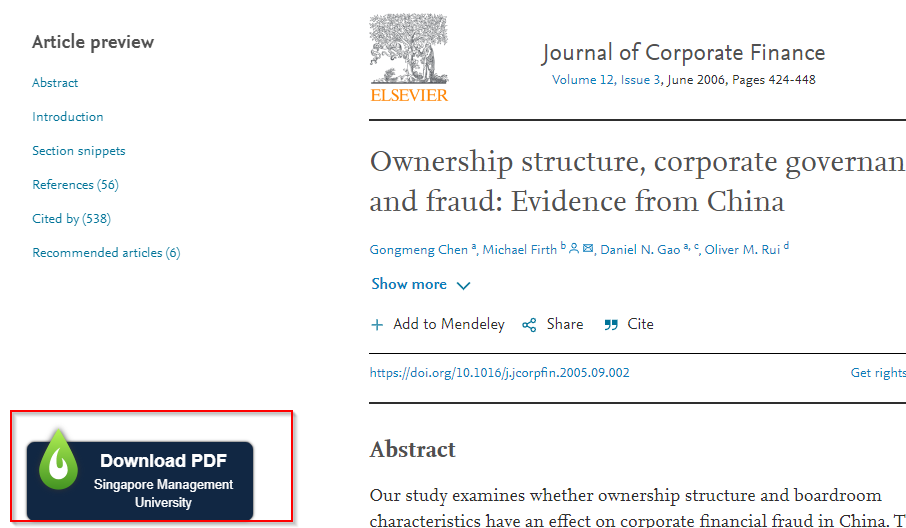
Even if you do not have access via SMU Subscriptions, it can also help you request the library purchase the article (Inter-library loan) with a few clicks.
Up to recently, Libkey Nomad supported most major browsers including Chrome, Firefox, Edge and even less popular browsers like Brave and Vivaldi. But there was one major browser missing – Safari.
As of end August 2022, this gap was closed and now Libkey Nomad supports Safari!
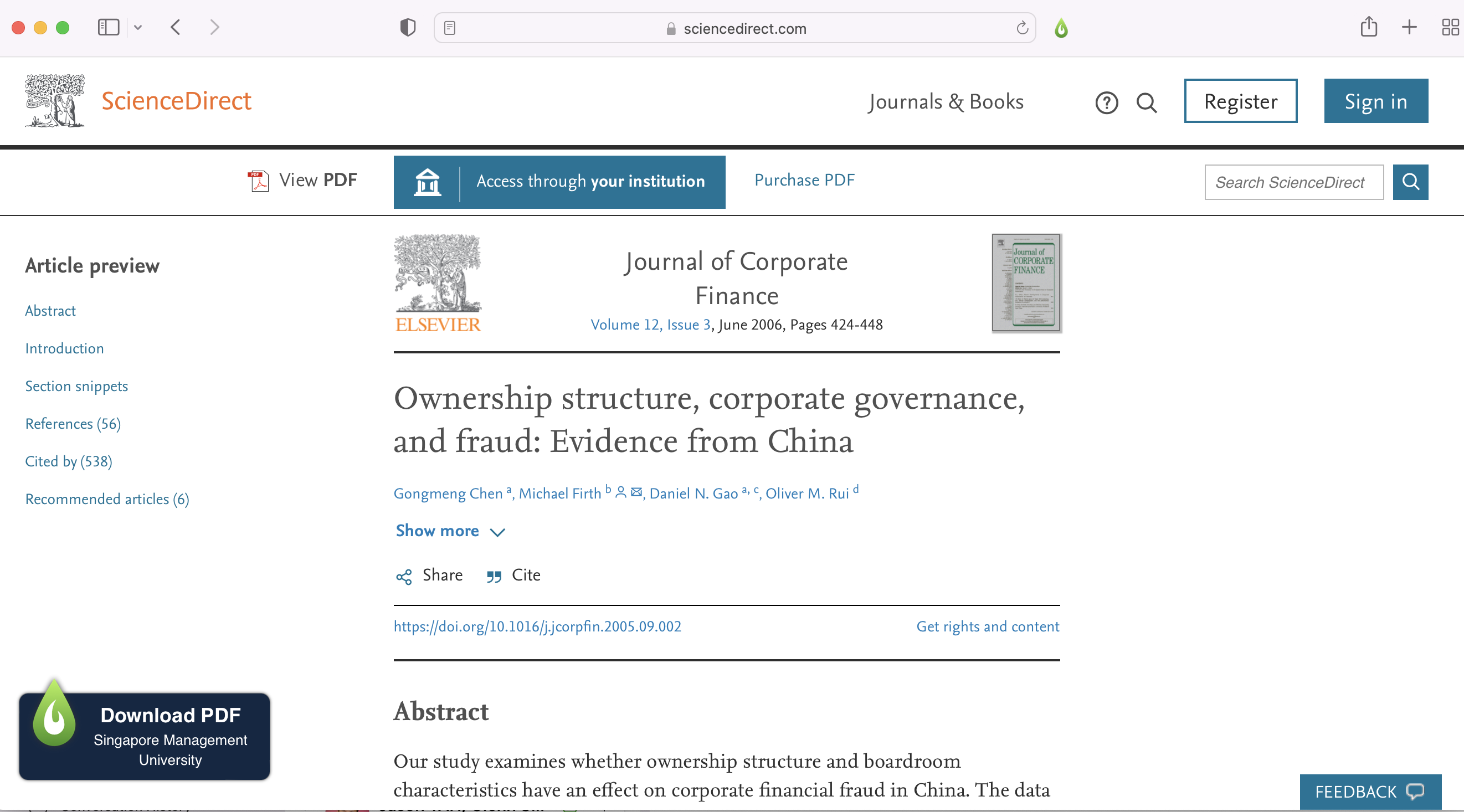
Mendeley desktop depreciated and replaced by Mendeley Reference manager
Clarivate’s EndNote, Open Source Zotero and Mendeley owned by Elsevier are three of some of the most popular reference managers out there. Reference managers are handy tools that help you capture, organise and cite references in almost opposite nabber.
But if you are a user of the original Mendeley software suite, Mendeley Desktop, you should know that Elsevier has stopped allowing users to download and install Mendeley Desktop. As of September 1st 2022, users can only download and install the replacement which is called Mendeley Reference Manager.
While if you still have Mendeley Desktop installed on your machine, parts of it might still likely work. But the writing is on the wall, for example after September 1st, you would not be able to sign in to the Mendeley desktop.
If you are a Mendeley Desktop user, what are your choices?
Firstly, you can migrate to the successor product - Mendeley Reference manager
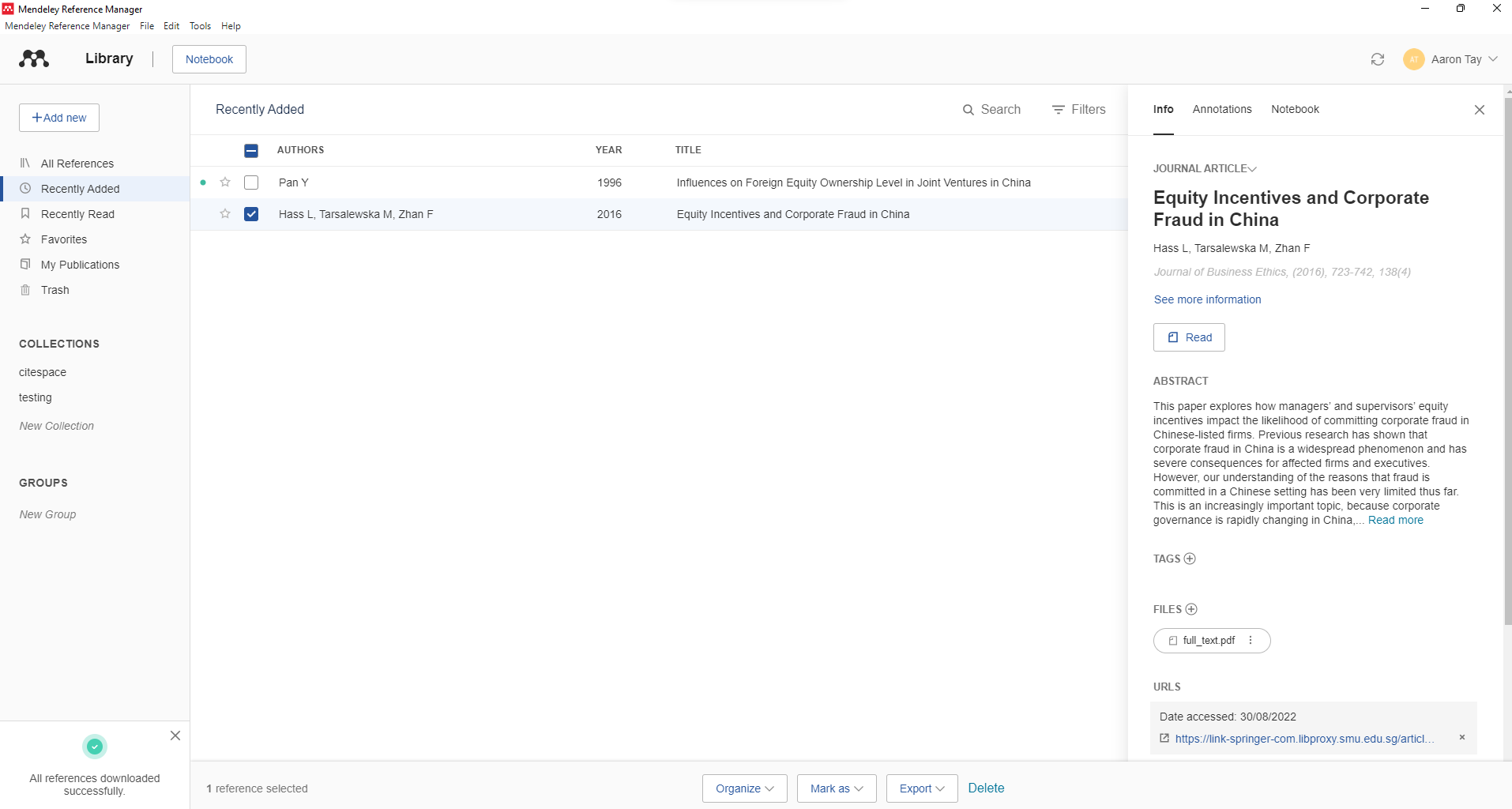
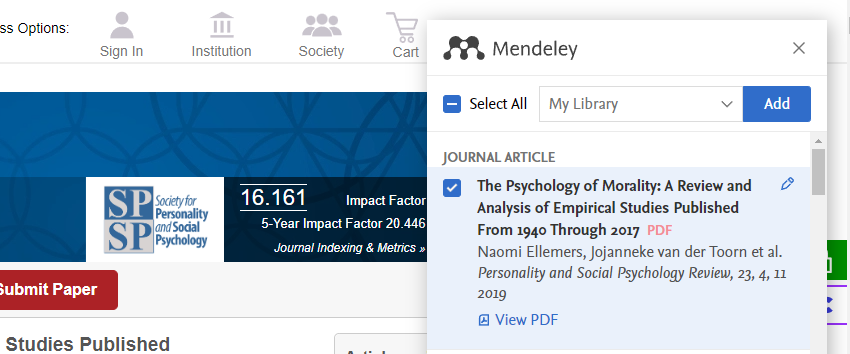
While Mendeley Desktop and Mendeley Reference Manager look superficially the same, the latter is wholly web-based. This has a few benefits including the ability to import references into Mendeley or being able to import citations into your Word document even if the desktop client is not open.
That said, one major drawback is Mendeley Reference Manager’s in-text citation tool for Word is only available as an add-in from the Microsoft Store. However, because IT security restrictions prohibit downloads from the Microsoft Store, those who are using Office365 via their SMU account − may not be able to download the add-on in Word for Mendeley Reference Manager.
Secondly, you can consider migrating to another reference manager like Zotero using the steps in the link.
Publons profile now in Web Of Science
As of August 18th, Publon profiles have been now migrated and integrated into Web of Science.
Below shows an example of a Publon profile on Web of Science.
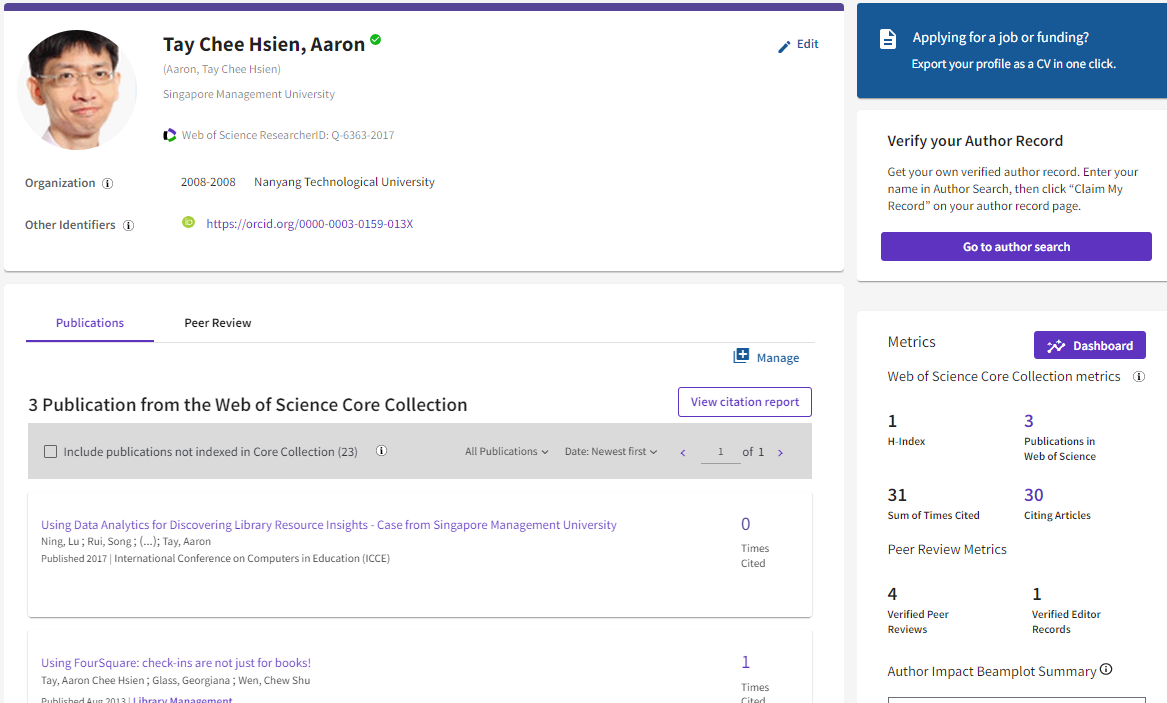
If you have questions or need help cleaning up the profile, do contact us.
New public access mandate by OSTP (Office of Science and Technology Policy)
The OSTP first announced in 2013 a public access mandate that required all funded research from agencies that make more than $100 million in research grants annually to make their papers open. However, the 2013 mandate allowed the use of “a twelve-month post-publication embargo period as a guideline for making research papers publicly available”.
The new mandate released on Aug 2022 made this provision compulsory for all US agencies regardless of size as well as disallowing embargoes of any length.
In fact, the new mandate includes not only depositing articles but also the underlying datasets supporting the papers.
How big is the impact of mandating public access for all US agency-funded research?
While there are relatively few SMU authors who will be affected by this mandate, it is possible that other funders globally will follow the lead of Plan S and now OSTP in mandating immediate public access.
This may lead to higher levels of Open Access which may incentivise libraries to cancel subscriptions. Reacting to this might then accelerate the transition of journals from subscription journals to gold journals funded by APC (Article Processing Charges).
In such a model, instead of the journal charging for access via subscriptions, each author who chooses to publish will be charged an “article processing charge”, in return the paper will be made open freely to the world.